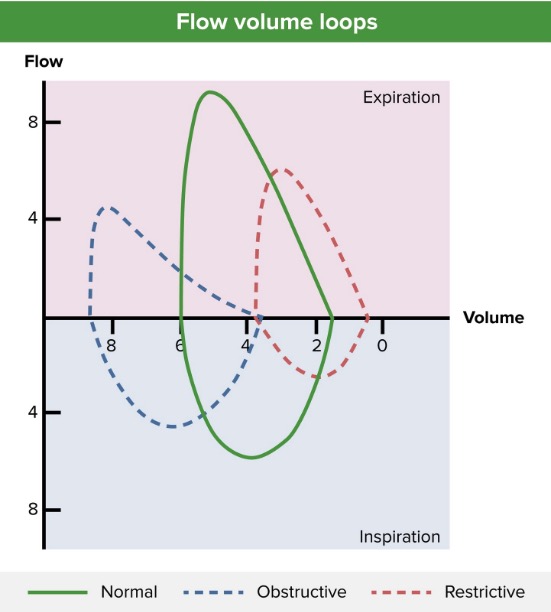Playlist
Show Playlist
Hide Playlist
Asthma Adherence and Control
00:01 Hello and welcome to overcoming challenges to successful asthma adherence and control. 00:07 So, today, we’re going to be talking about the prevalence of asthma, its diagnosis and a lot about its management. 00:12 I have a lot to get through and hope you really enjoy it. 00:16 So, this is current asthma prevalence measured by the US Centers for Disease Control and Prevention. 00:21 You can see that asthma is very common overall, slightly more common in adults vs. children, slightly more common among females versus males, and definitely more common among black individuals compared with whites and Hispanics. 00:37 And so, we’ll talk about best asthma practices today. 00:41 First of all, you want to get the right classification for asthma initially. 00:46 It’s critical for starting the right kind treatment. 00:48 We’ll be talking about hazard reduction. 00:50 So, the basics of asthma management because that can go a long way. 00:54 It's not all about medications alone. 00:57 Using the medications correctly is important and we’ll be talking about the fact that many individuals don't know how to use their inhalers appropriately. 01:06 Then we’ll spend a lot of time on therapeutics and talk about following up patients. 01:12 All right. 01:12 So, let’s talk about getting asthma right. 01:15 So, first, we think about getting the classification correct. 01:18 And this is something that could well come up on the USMLE exam. 01:21 Intermittent asthma is defined by symptoms less than two days per week. 01:25 The next class is mild persistent asthma. 01:28 Symptoms aren’t daily in these patients and they relatively rare nighttime awakenings with preserved FEV1 to FVC ratio. 01:38 Moderate persistent is associated with daily symptoms as well as awakening at least on a weekly basis and moderate impairment of that FEV1 to FVC ratio. 01:52 Severe persistent asthma is defined by symptoms throughout the day, limited function overall, and a significantly reduced FEV1 overall. 02:03 Now, I think that this is important to consider for the initial diagnosis of asthma, but asthma does follow a variable course. 02:10 Can get better, can get worse. 02:13 Oftentimes, in children, over time, it does tend to improve, but that can take years. 02:19 And so, once you make the initial diagnosis, the key is follow them up closely and, therefore – and until they’re well-controlled. 02:27 And if they have more symptoms, they should come back to you because these categories can change over time. 02:31 Just because you have mild persistent asthma when you're 12 years old doesn't mean you’re going to have it when you're 16.
About the Lecture
The lecture Asthma Adherence and Control by Charles Vega, MD is from the course Chronic Care.
Included Quiz Questions
Daily symptoms of asthma requiring a short-acting β-2 agonist for symptom relief with 70% of the predicted forced expiratory volume in one second (FEV1) is best classified as which of the following?
- Moderate persistent
- Intermittent
- Mild persistent
- Severe persistent
Which of the following statements regarding the prevalence trends of asthma in the United States is MOST ACCURATE?
- It is more prevalent in Blacks than in Whites.
- In children <18 years, it is more common in girls than in boys.
- In adults, it is more common in men than in women.
- It is more prevalent in Hispanic Americans than in Blacks.
- Current asthma prevalence is highest in those from areas with the highest annual household income.
Which of the following patients most likely has mild persistent asthma?
- A 23-year-old woman with 3 night-time awakenings over the past month and an FEV1/FVC ratio of > 80%.
- An 18-year-old teenager with daily symptoms and an FEV1/FVC ratio of 75%.
- An 8-year-old boy with symptoms nine nights over the past month.
- A 12-year-old girl with symptoms only when she has a cold or flu.
- A 15-year-old girl with an FEV1/FVC ratio of <60%.
Customer reviews
5,0 of 5 stars
| 5 Stars |
|
5 |
| 4 Stars |
|
0 |
| 3 Stars |
|
0 |
| 2 Stars |
|
0 |
| 1 Star |
|
0 |




